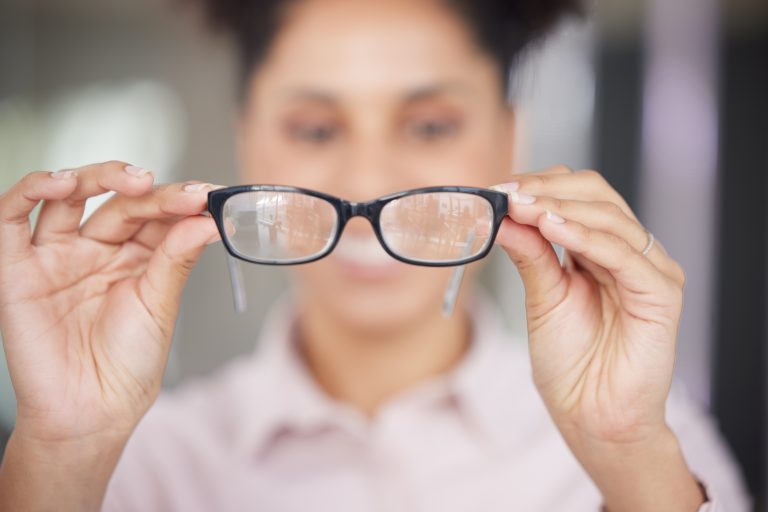Diabetes can have serious effects on your vision, leading to conditions like diabetic retinopathy. In this article, we’ll explore how diabetes impacts your vision and provide practical prevention tips to protect your eyes from diabetic-related damage.
How Diabetes Affects Eye Health
- Diabetic Retinopathy:
This is the most common diabetic eye disease, caused by damage to the small blood vessels in the retina. High blood sugar can lead to blood vessel leakage, swelling, and even new, fragile vessel growth that may leak and cause scarring or vision loss. - Diabetic Macular Edema (DME):
A complication of diabetic retinopathy, DME is characterized by fluid build-up in the macula, the central part of the retina. This swelling can result in blurred or wavy vision. - Cataracts:
People with diabetes are at higher risk of developing cataracts at a younger age. Cataracts cause clouding of the eye’s lens, which can impair vision. - Glaucoma:
Diabetes increases the risk of glaucoma, a condition where pressure within the eye damages the optic nerve. If left untreated, glaucoma can lead to blindness.
Early Symptoms to Watch For
- Blurred Vision: Sudden or intermittent blurriness can signal early stages of diabetic eye issues.
- Floaters: Small spots or strings that float in your vision may indicate changes in the retina due to diabetic retinopathy.
- Poor Night Vision: Difficulty seeing in dim lighting or at night may be an early warning sign.
- Frequent Vision Changes: Rapid changes in blood sugar levels can cause temporary vision fluctuations.
Recognizing these early symptoms and getting regular eye exams are crucial for diabetes patients.

Essential Prevention Tips for Eye Care
- Maintain Stable Blood Sugar Levels:
Keeping blood sugar levels in target range minimizes the risk of diabetic retinopathy and other eye conditions. - Regular Eye Examinations:
Comprehensive eye exams with an eye specialist help detect early signs of diabetic eye diseases before symptoms become severe. - Monitor Blood Pressure and Cholesterol:
High blood pressure and cholesterol can worsen diabetic eye conditions, so maintaining healthy levels is important. - Quit Smoking:
Smoking increases the risk of diabetes-related complications, including eye damage. Quitting smoking can improve blood circulation and reduce eye health risks. - Practice Healthy Lifestyle Habits:
A balanced diet rich in antioxidants and omega-3 fatty acids, regular exercise, and sufficient hydration support overall eye health.
When to See an Eye Specialist

- Sudden Vision Changes:
If you experience sudden vision loss or flashes of light, see an eye doctor immediately. These symptoms may indicate a retinal detachment or hemorrhage, which requires urgent care. - Unmanageable Blurred Vision:
If blurred vision persists and is not relieved by blood sugar management, consult a specialist. - New Floaters or Flashes:
New floaters, especially with flashes of light, can indicate retina damage or detachment. Seek immediate medical attention.
Conclusion: Prioritize Your Eye Health with Diabetes
Managing diabetes carefully can protect not only your general health but also your vision. By controlling blood sugar levels, maintaining a healthy lifestyle, and getting regular eye exams, you can reduce the risk of diabetic eye diseases. Always consult with an eye specialist if you experience any concerning symptoms, as early detection is key to preventing vision loss.

